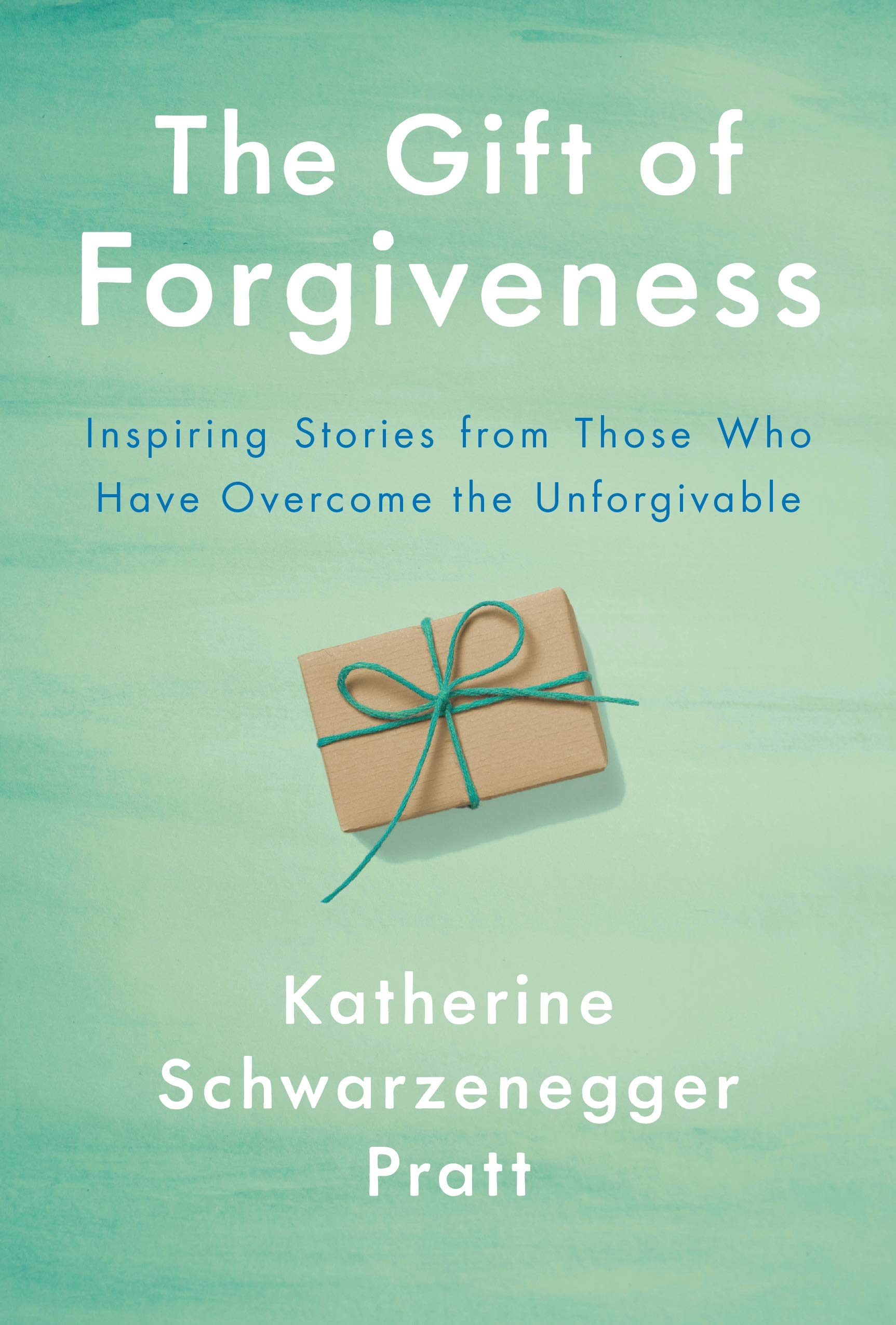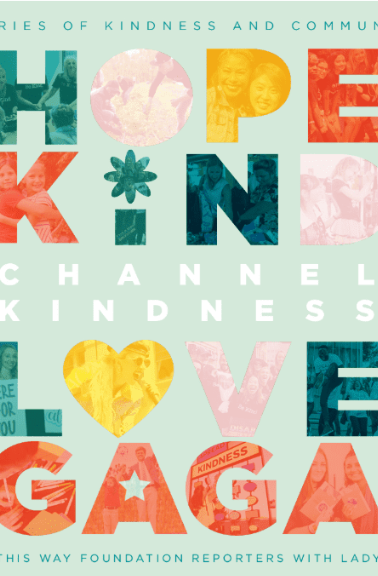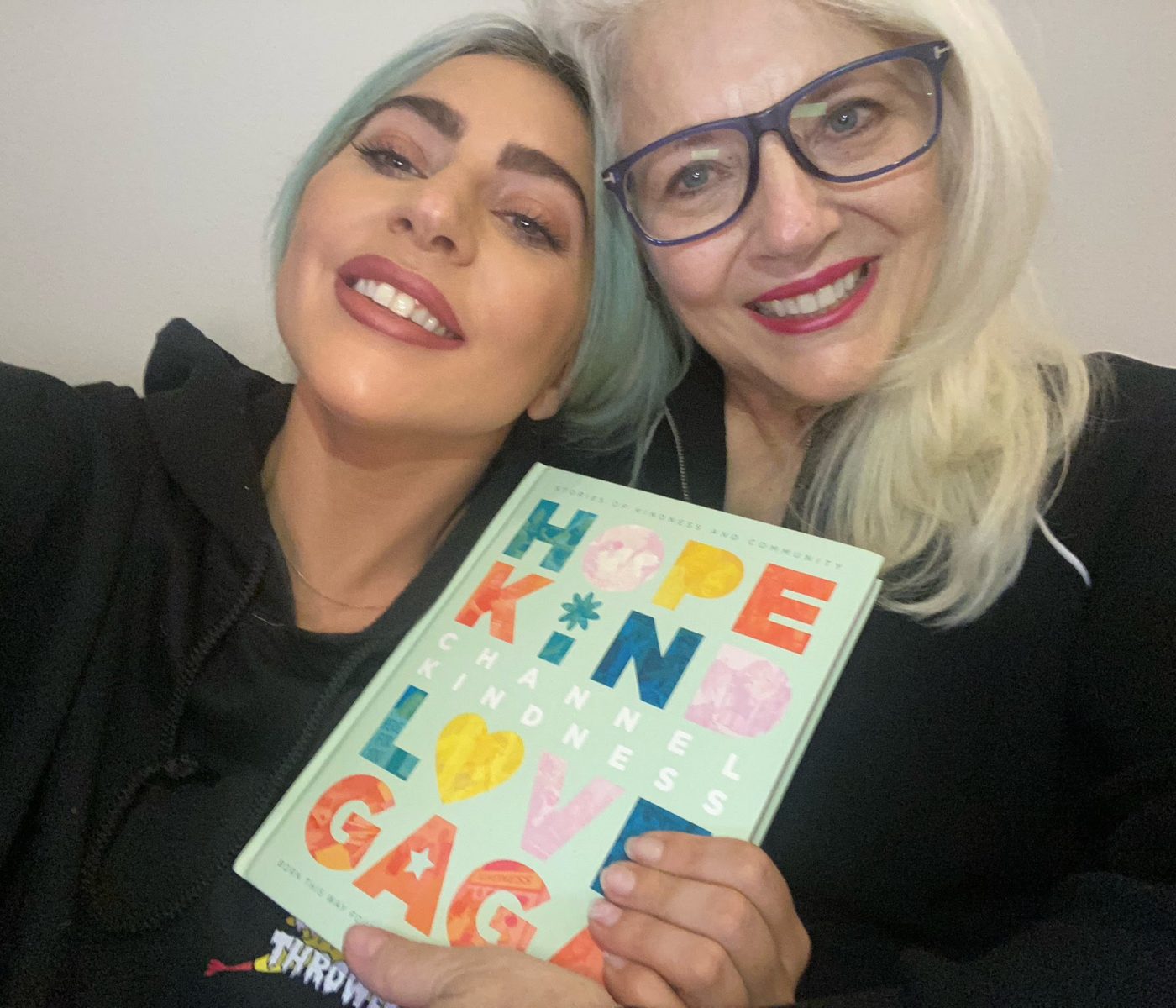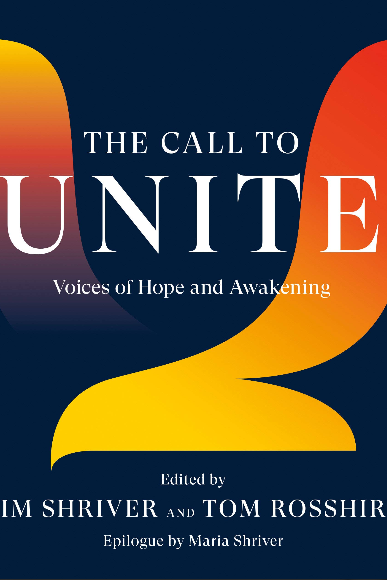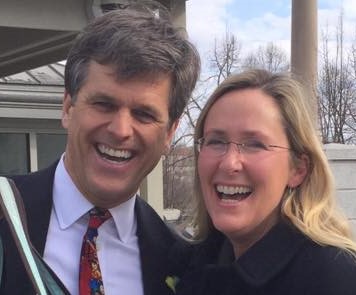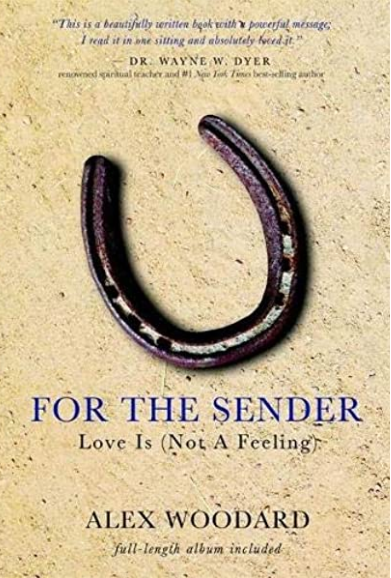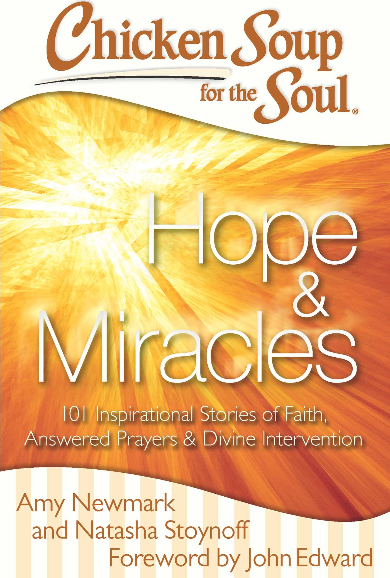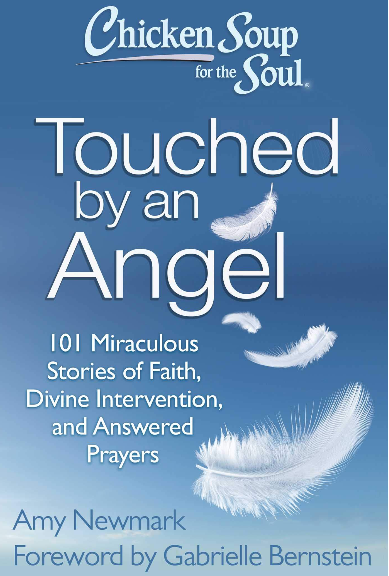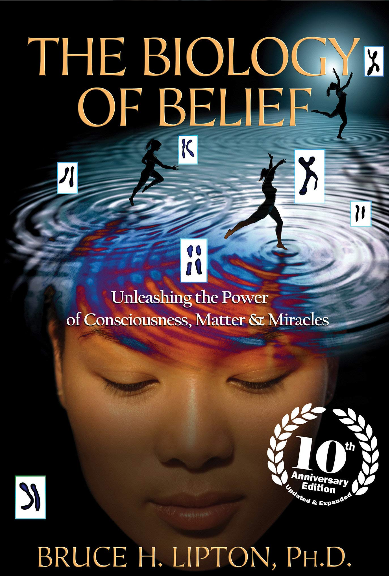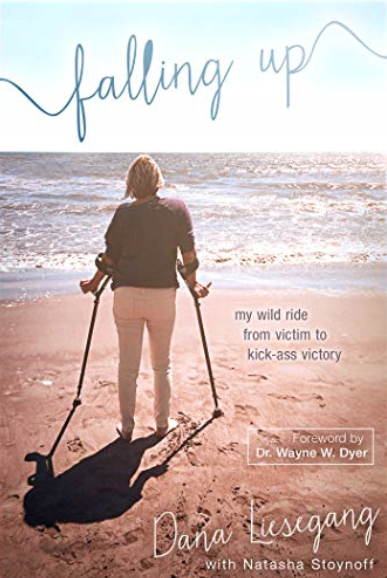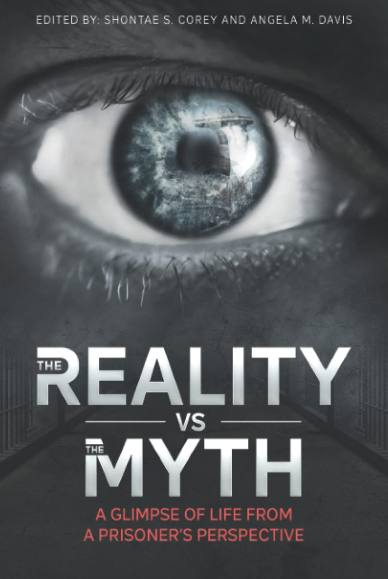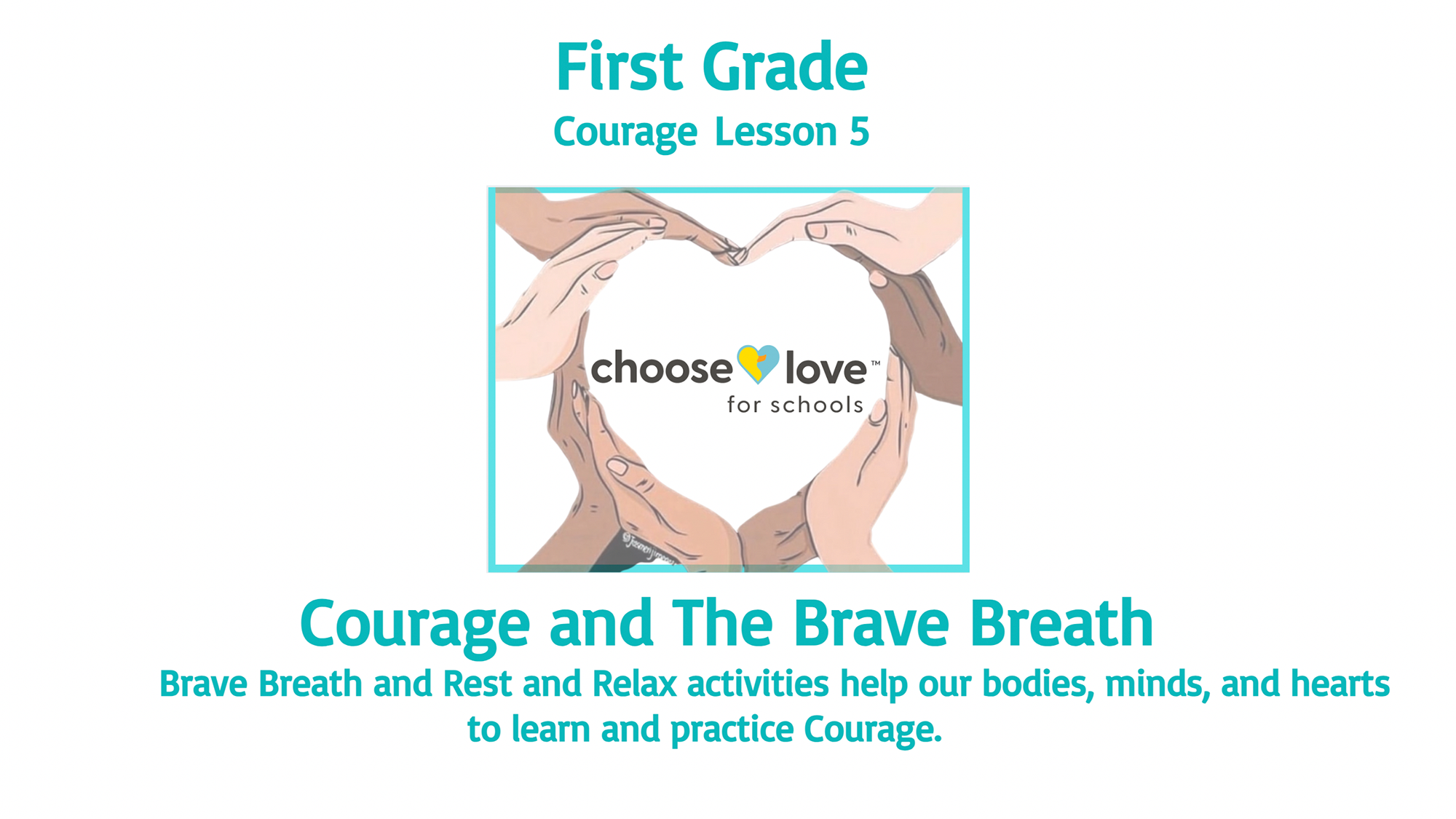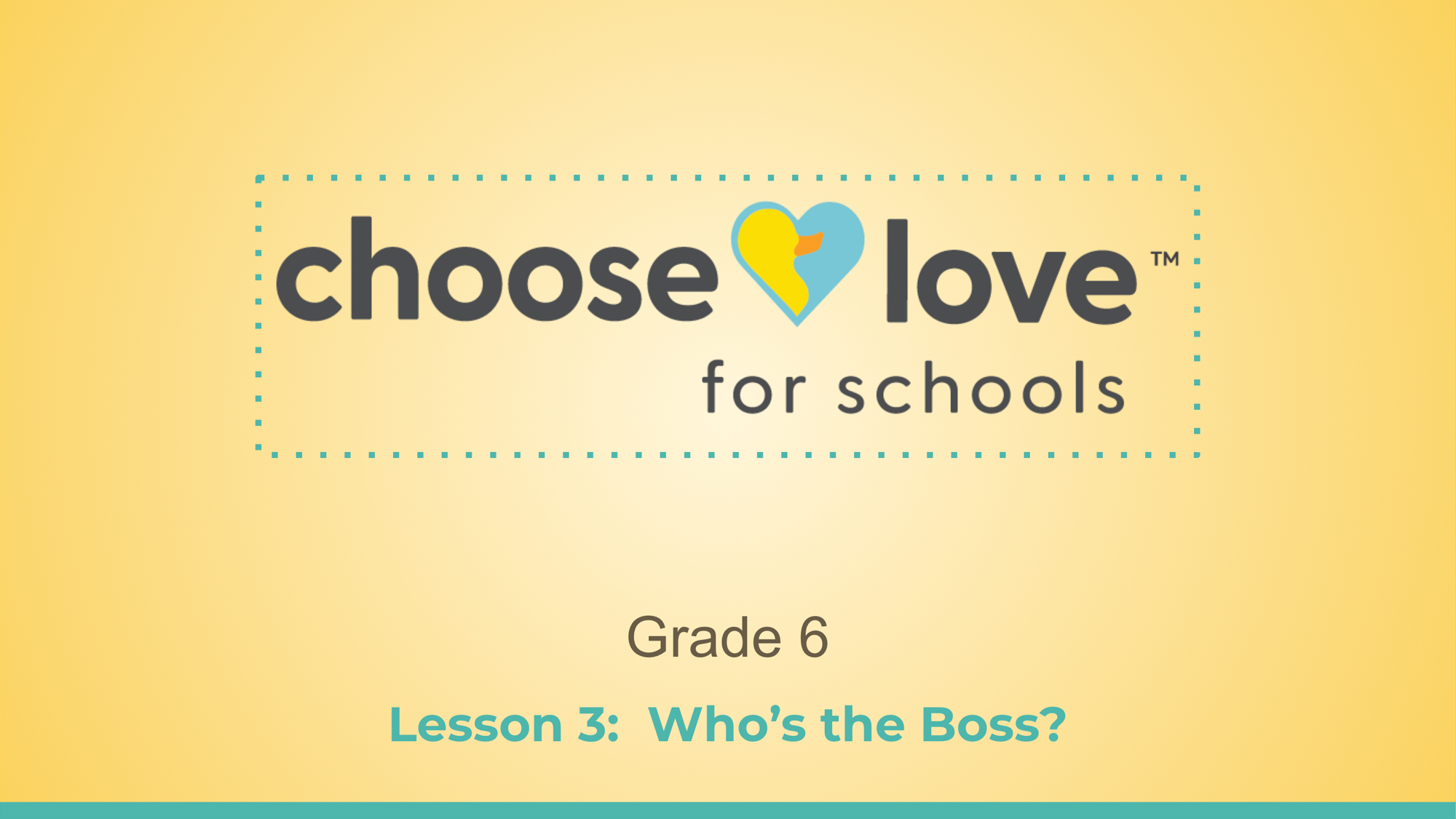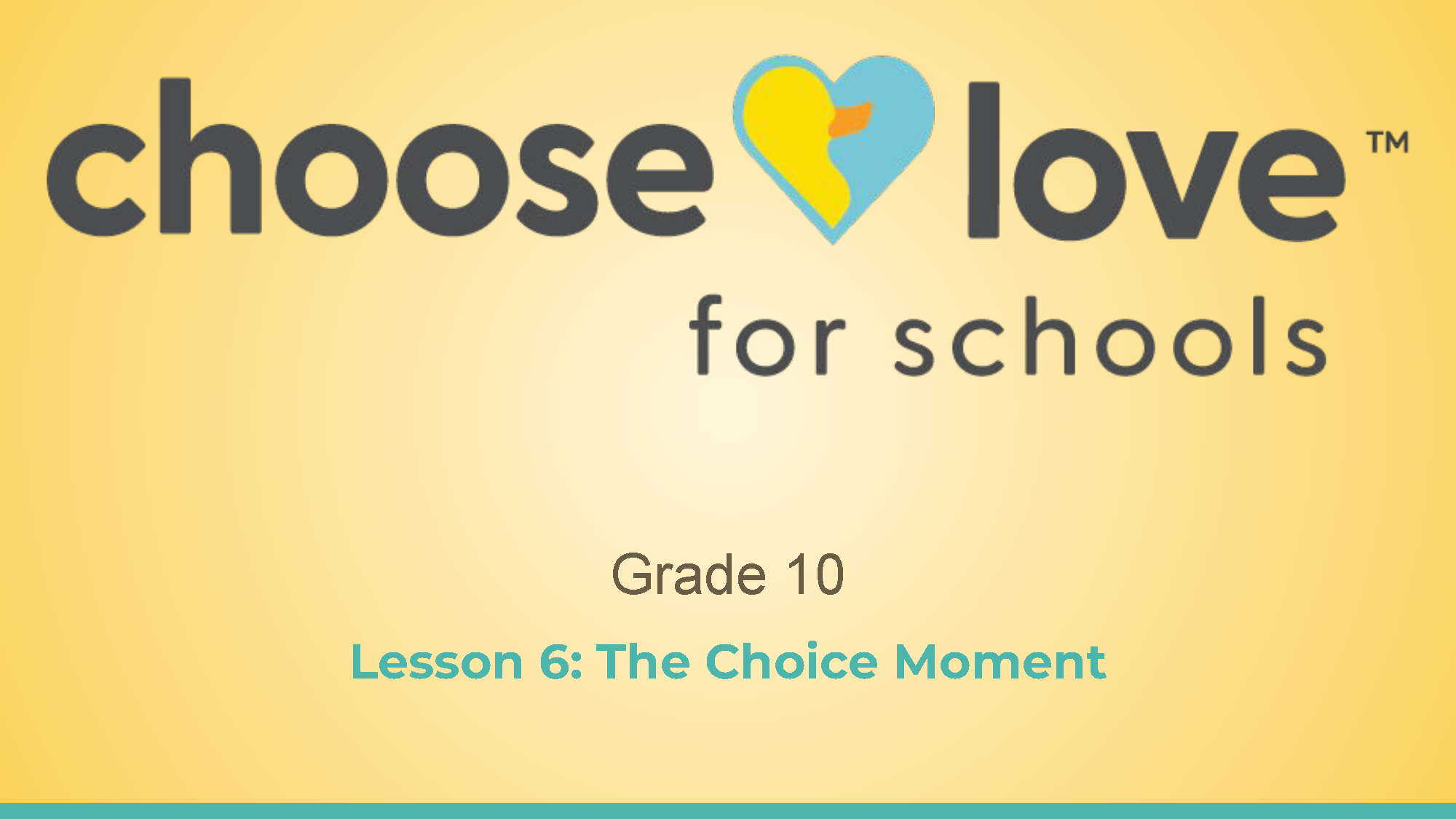Mother of slain Sandy Hook pupil brings her ‘Choose Love’ message to N. Kingstown
October 12, 2017

NORTH KINGSTOWN, R.I. — Jesse Lewis, 6, saved the lives of nine of his classmates at Sandy Hook Elementary by yelling for them to “run!” as he stepped in front of the shooter when the gun jammed.
He was one of the 20 children who died in the massacre in Newtown, Connecticut, on Dec. 14, 2012. At age 6, he was buried as a war hero.
His mother, Scarlett Lewis, brought her message to North Kingstown High School Thursday night: Social and emotional learning should be taught in public schools.
She quoted the late anthropologist Margaret Mead: “Never doubt that a small group of thoughtful, committed citizens can change the world; indeed, it’s the only thing that ever has.”
Then Lewis told about 150 students, parents and teachers in the high school auditorium that it is up to everyone to work toward that change, “because we can’t wait for somebody else to do it.”
That means learning how to: identify and manage our emotions, make a conscious choice to be kind in the face of anger, cut the cord that binds us to hurt, and harness the power of post-traumatic growth.
Lewis said that when she went home after the shooting to get clothes for Jesse to be buried in, she saw a message that he had written on the kitchen chalkboard. In a child’s scrawl were three words: nurturing, healing and love.
The words set her on a path that has resulted in a program for bringing emotional learning into every school, free. As she learned more and enlisted educators, the Choose Love Enrichment Program was born.
She spent most of the evening teaching her audience some of the concepts.
Every single person craves love and wants to feel connected, she said. “We want to truly belong. We want to feel good.”
Without knowing how to feel good, people might find temporary relief by expressing anger, bullying, abusing drugs, joining gangs, committing violence or terrorism.
People tend to reflect the emotions before them, and find themselves responding in anger to an angry person. But everyone has the ability to choose a response. “You choose how you respond by taking that moment, by minding that gap, by choosing love.”
Anger, she said, is a secondary emotion, with an underlying cause. A compassionate response to anger would be to seek the more accurate emotion beneath it.
Many people have heard of post-traumatic stress disorder, she said, but few have heard of post-traumatic growth, even though it’s what “the vast majority of us experience following a trauma.”
In recovering from something terrible, people strengthen relationships, weed out weak ones, deepen their spirituality, find strength they didn’t know they had, and practice mindfulness, gratitude and well-being.
Feeling good results from knowing what brings you satisfaction, thinking about what is right with you, dwelling on positive emotions and engaging in something worthwhile.
Jesse was remembered for his courage, his mother said. “That is the same courage that every single one of us has within us,” she told the audience. Courage is the willingness and the ability to do the right thing, and it’s effective against bullying.
She defined forgiveness as cutting the cord that binds you to the pain the other person caused.
People’s actions have a tremendous ripple effect, she said, citing a study that said every action ripples out to about 3,000 people. “You guys are incredibly powerful,” she said.


